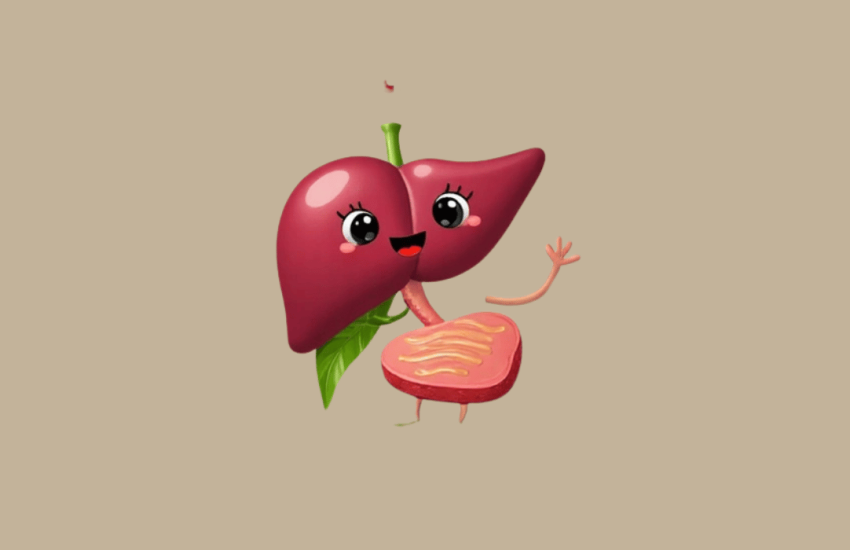Nighttime Leg Cramps: Causes and Effective Remedies
Nighttime leg cramps, which are especially prevalent among the elderly and pregnant women, can be a painful and disruptive issue. These cramps typically occur suddenly during sleep, affecting the calves, thighs, or even feet. While they are generally not dangerous, they can significantly interfere with the quality of sleep, causing discomfort and frustration. In this article, we will delve into the causes of leg cramps and explore practical ways to prevent and alleviate them.
What Exactly Are Nighttime Leg Cramps?
Nighttime leg cramps, also known as nocturnal leg cramps, refer to sudden, intense muscle contractions that commonly occur at night while a person is asleep. The calf muscles are most often affected, but cramps can also affect the thighs or feet. The duration of these cramps typically ranges from a few seconds to a minute or more, and they are accompanied by a sharp, painful sensation.
Main Causes of Leg Cramps at Night
Various factors can contribute to the occurrence of nighttime leg cramps:
- Dehydration: One of the leading causes of leg cramps is dehydration. When the body does not receive adequate water, muscles become more susceptible to cramps. Dehydration also disrupts the balance of vital minerals like potassium, calcium, and magnesium, which further increase the chances of cramping.
- Mineral Deficiency: A deficiency in essential minerals like magnesium, potassium, and calcium can play a significant role in muscle cramps. These minerals are crucial for proper muscle function, and when they are deficient, the likelihood of experiencing cramps increases.
- Hormonal Changes: Pregnant women are particularly prone to leg cramps due to hormonal fluctuations. The growing uterus can also put pressure on the muscles and nerves in the legs, which contributes to cramping. Additionally, changes in hormones can affect the muscles’ ability to relax properly.
- Aging: As people age, muscle flexibility tends to decrease, and blood circulation to the muscles can weaken. These age-related changes make the elderly more vulnerable to leg cramps, particularly at night.
- Stress or Anxiety: Both physical and mental stress can contribute to muscle tension, leading to cramps. Anxiety and emotional stress can trigger muscle contractions, especially during sleep, resulting in painful cramps.
- Medications: Certain medications, such as diuretics (which increase urine output), can lead to the depletion of important minerals like potassium and magnesium, raising the risk of leg cramps.
How to Prevent and Treat Nighttime Leg Cramps
Fortunately, there are several strategies that can help reduce or prevent nighttime leg cramps:
- Stay Hydrated: One of the simplest ways to avoid cramps is by staying hydrated. Make sure to drink plenty of water throughout the day to keep your muscles hydrated and prevent cramping. Electrolyte drinks, such as natural fruit juices or mild sports drinks, can also help replenish lost minerals.
- Increase Mineral Intake: Ensure you are getting enough potassium, calcium, and magnesium in your diet. Foods like bananas, spinach, yogurt, nuts, and fish are excellent sources of these essential minerals, which play a key role in muscle function.
- Stretching Before Bed: Regular stretching, especially before bedtime, can help prevent cramps. Gentle stretching exercises, such as calf stretches, improve blood circulation and flexibility, making muscles less prone to cramping. A simple calf stretch involves standing with one foot behind the other and pressing the heel of the back foot into the floor for 20-30 seconds.
- Adjust Sleeping Position: Avoid sleeping with your feet pointed downward, as this can trigger muscle cramps. Instead, keep your feet in a neutral or slightly flexed position to reduce the strain on your muscles and lower the likelihood of cramping.
- Use Warm or Cold Compresses: Applying a warm compress to the muscles can help relax tight muscles, while a cold compress may reduce swelling and pain. Taking a warm bath before bed can also be an effective way to relax muscles and prevent cramps.
- Elevate Your Legs: Elevating your legs with a pillow while sleeping or resting can enhance circulation and help prevent leg cramps. This simple adjustment can also alleviate muscle tension and reduce the risk of cramps.
- Massage: If you experience a cramp during the night, gently massaging the affected area can help relax the muscle and relieve the pain. Massaging the calf or thigh during or after a cramp may speed up recovery.
- Regular Exercise: Engaging in regular physical activity, such as walking or light stretching, can promote healthy blood circulation and muscle flexibility, reducing the chances of cramps. However, avoid excessive exertion that could fatigue the muscles and increase the risk of cramping.
When to Seek Medical Help
In most cases, nighttime leg cramps are harmless and can be managed with home remedies. However, if cramps are frequent, severe, or accompanied by other symptoms such as swelling, numbness, or weakness, it could indicate an underlying medical condition such as nerve issues or circulatory problems. In such cases, it is recommended to consult a healthcare provider for proper diagnosis and treatment.
Conclusion
Nighttime leg cramps are a common and often frustrating issue, but they are usually preventable and treatable. By staying hydrated, ensuring adequate intake of essential minerals, practicing regular stretching, and adopting the right sleeping posture, you can significantly reduce the occurrence of leg cramps. If cramps persist or become more intense, it is important to consult a healthcare professional to rule out any underlying conditions that may be contributing to the problem.


